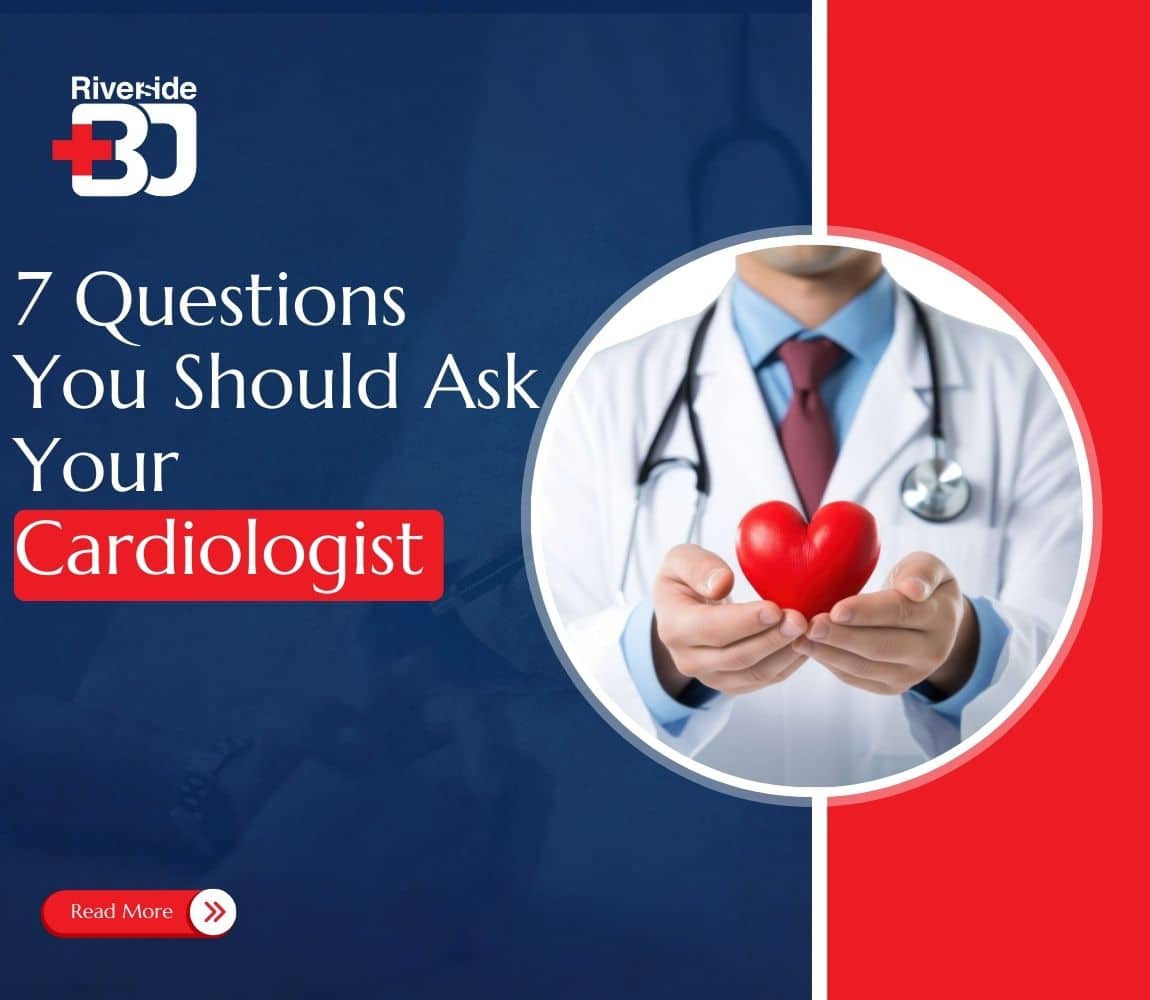Feeling anxious about your heart appointment? You are not alone. Knowing the questions to ask a cardiologist can ease the stress and help you take control of your heart health.
In India, heart disease is the leading cause of death, accounting for nearly 28.1% of all fatalities, according to the National Institutes of Health.
Whether it’s your first visit to a cardiologist, what to expect empowers you.
Wondering what to ask a heart doctor? This guide breaks down the 7 essential questions every Indian patient should ask during a consultation.
Let’s get heart smart, starting now.
Why Asking the Right Questions Matters
Heart health in India is a growing concern, especially with sedentary lifestyles and high-stress levels becoming the norm. In fact, over 25% of Indians under 40 are now at risk of cardiovascular disease, as per the Indian Heart Association.
That’s why knowing the right questions to ask a cardiologist is not just helpful, it’s essential. While many patients feel intimidated during consultations, taking an active role can significantly improve outcomes.
Besides, your doctor may be an expert in cardiology, but no one knows your body better than you do. Here’s why asking smart questions truly matters during a heart check-up:
- It builds clarity about your current condition and future treatment plans.
- Helps your doctor tailor advice to your lifestyle and habits.
- Encourages mutual trust which is key in any long-term care relationship.
- Allows early detection of red flags, especially if you’re unsure how to know my heart is healthy.
- Supports better decision-making, especially regarding surgery, medication, or preventive care options.
Although it may feel uncomfortable initially, open dialogue improves both short-term care and long-term outcomes. So, don’t hesitate to ask.
Your questions to ask a cardiologist can help you understand your body better. Subsequently, it can improve communication and reduce future risks. If you’re wondering what to ask a heart doctor in India, just start with what matters the most to you.
Now that you understand why communication matters, let’s explore the most important questions to ask a cardiologist.
Question 1 – What’s the Current Condition of My Heart?
One of the most important questions to ask is about your heart’s present state.
Ask clearly about ECG (echocardiogram), or stress test results and what each result means for you. If it’s your first visit to a cardiologist, what to expect in the diagnosis matters.
Also, don’t forget to ask if any results suggest the need for immediate attention or further tests.
Question 2 – What Lifestyle Changes Do I Need to Make?
Another crucial set of questions to ask a cardiologist involves your daily habits and lifestyle.
For Indian patients, diet, stress, and physical activity play a major role in the heart’s health. This is especially important during your first visit to a cardiologist, when long-term changes are first discussed.
Furthermore, many people overlook how traditional habits affect recovery. Yet, lifestyle modifications often begin with simple awareness.
Here are some of the questions to ask a cardiologist during your consultation:
- Should I reduce salt, oil, ghee, or spicy foods in my diet?
- Will diabetes affect my heart health?
- How often should I exercise, and what activities are safe for my heart?
- What stress management techniques do you recommend for my condition?
- Can I continue my current food habits with small changes or avoid them altogether?
Since lifestyle plays a major role in the early onset of heart disease, making changes is vital. In fact, PubMed Central reports that heart diseases are rising in Asian Indians 5–10 years earlier than in other populations around the world.
That’s why even small daily choices, like food portions or timing of the snack, must be part of your questions to ask a cardiologist. It helps to shape your long-term heart health.
Question 3 – Are Medications Necessary, and for How Long?
Many heart patients are prescribed medicines without fully understanding their purpose, possible side effects, or how long they need to be taken. This is why asking the right heart checkup questions to your doctor is so important. Clear guidance not only builds confidence but also improves long-term commitment to treatment, especially for those seeking Heart Failure Treatment.
Also, ask your cardiologist if generic options are safe and available in India. Branded medicines can be expensive and create stress.
Include this in your questions to ask a cardiologist and in your questions to ask before a heart surgery, if relevant. Knowing how long the treatment will continue helps you plan better and manage your heart condition wisely.
Question 4 – What Are the Warning Signs I Should Never Ignore?
Chest pain, shortness of breath, dizziness, or swelling should never be overlooked. During your first visit to a cardiologist, ask what symptoms demand immediate medical attention. Early action can be life-saving.
Also, include thees questions during your consultation with a cardiologist, even if no symptoms are present. Subtle signs are often missed.
Among the most important questions about heart health, this one prepares you for emergencies. Don’t hesitate to ask the questions to ask a cardiologist. Request personalised tips for maintaining a healthy heart that align with your lifestyle and medical history.
Question 5 – Do I Need Any Additional Tests?
Not every heart condition requires advanced tests right away, but it’s a good idea to discuss them when you meet your cardiologist. For example, understanding the angiography cost and when a test like TMT is truly needed can help you make informed decisions. Always ask whether these tests are urgent or more of a precaution.
During your heart checkup questions for the doctor, this should always be addressed clearly. Sometimes, extra tests are suggested based on the family history or risk factors.
Among the most important questions about heart health, knowing what’s necessary versus optional helps you avoid stress, delays, and unnecessary expenses.
Including this in your list of questions to ask a cardiologist makes sure you only undergo tests that truly support your diagnosis and treatment plan.
Question 6 – What’s My Risk of a Heart Attack or a Stroke?
Your personal risk depends on various factors including family history, blood pressure, diabetes, and lifestyle. So, one of the most crucial questions to ask a cardiologist is about your individual risk level.
If you’re unsure, ask for clear prevention strategies specific to Indian diets and habits.
Moreover, if you’re over 40 or diabetic, this becomes even more urgent. In fact, as per the World Health Organization, over 77 million Indians live with diabetes. It is a major heart disease risk factor.
Use these questions to ask a cardiologist to guide your discussion:
- Based on my test results, am I at a high risk?
- How can I lower my risk of a stroke or a heart attack?
- Should I begin preventive medication or lifestyle therapies now?
Among the most important questions about heart health, this helps you act early, even before complications develop. Make these questions to ask a cardiologist a top priority during your next visit, especially if you already have the risk factors.
The earlier you intervene, the better your chances of avoiding serious heart events and leading a healthy and an active life.
Question 7 – When Should I Come Back for a Follow-Up?
Many patients forget that follow-ups are as important as the first visit. Regular monitoring helps manage long-term conditions and prevent them from worsening.
Ask your cardiologist directly: “How often should I come for follow-ups?”
Also, ask which tests, like ECG, cholesterol, or BP, should be repeated and when. Depending on your case, the frequency may vary.
This is one of the questions to ask a cardiologist that builds long-term trust and personalised care. Include it in your questions to ask before a heart surgery, too, as recovery schedules differ.
Don’t skip this step. Among all the questions to ask a cardiologist, consistent follow-up planning ensures you stay informed, proactive, and prepared.
Bonus Tip – Carry This Info to Your Appointment
To make the most of your consultation, prepare in advance. Bringing key documents helps your doctor give better advice. Surprisingly, one of the smartest questions to ask a cardiologist starts before the visit begins.
Even during asking your heart checkup questions to ask a cardiologist, having details ready saves time and avoids confusion. Additionally, if it’s your first visit to a cardiologist, this preparation becomes even more important for accurate diagnosis and planning.
Here’s what you should always carry with you:
- A list of current medications, dosages, and timings.
- All previous medical reports, including ECGs and lab results.
- Blood pressure and sugar readings from recent weeks.
- A short lifestyle log covering diet, sleep, and physical activity.
While it may seem small, this step can make your questions to ask a cardiologist more meaningful.
Preparing these items improves communication, helps your cardiologist track changes, and ensures you don’t miss critical details.
Final Thoughts: Be Proactive About Your Heart Health
Taking care of your heart begins with asking the right questions and staying involved in your treatment. Whether it’s your first visit to a cardiologist or a regular follow-up, never hesitate to speak up.
A trusted relationship with your heart specialist is built through clear, honest communication. By preparing your questions to ask a cardiologist in advance, you get better clarity, care, and outcomes. From test results to long-term planning, your involvement truly matters.
Among the most important questions to ask a cardiologist, the one that matters most is: Am I doing enough today for a healthier tomorrow?
Have concerns about your heart? Book a consultation with the Mumbai best Heart Specialist at Riverside B&J Hospital today.
Your heart deserves expert care, so start by asking the right questions to ask our cardiologist. We’re here to listen, guide, and support you every step of the way.

